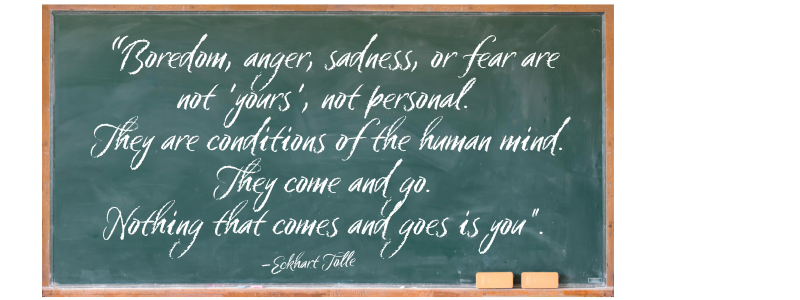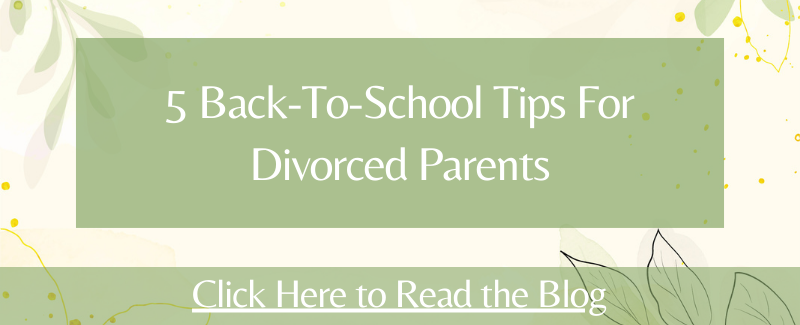Anger

Elizabeth Kubler Ross (EKR) brought awareness to the stages of grief more than 50 years ago, in her pivotal work that focused on grief and loss. In Elizabeth’s stages of grief, she lists the second one as ANGER…
At DRC, we know that divorce is one of the most significant losses a person can face in life.
Anger, like Denial, is an effective tool when we experience upsetting losses in our lives.
Anger occurs in us naturally, if we allow it, and brings a layer of safety, creating distance between the event and the heartbreak we feel. This emotion helps us to avoid diving deeper into the underlying feelings that are occurring below the surface.
Anger can provide a sense of control, empowerment, and strength in a situation that would otherwise be chaotic and frightening. It helps to create a barrier of protection that separates us from fear, worry or overwhelming sadness.
Anger is an inborn protective tool that allows us to live, for a little while, distanced from deeper, upsetting emotions.
When you take an honest look at this helpful, necessary emotion, you begin to realize how it has kept you protected from difficult feelings and situations in the past. Feelings that could have been overwhelming and/or destructive were kept at bay, offering a way to deal with them when better equipped. Anger offers time and protection as you navigate the stormy waters of loss and grief.
Anger is often frowned upon, especially if expressed by women, but it exists in every person and should not be ignored or pushed aside. When you feel anger, as well as other emotions, you want to be clear: This is a feeling, it is not me. Getting stuck in anger is also not advantageous to anyone, but ignoring this raw, powerful emotion or pretending that it doesn’t exist is unhealthy and unwise.
The best way to heal is to allow anger and all the healthy emotions that may accompany grief. By permitting the emotions to surface and sinking into the feelings as they come up, taking care not to get stuck in any of them, you are working through the process of healing your significant loss.
It takes time, but as you move through the stages, you will gain a level of peace and harmony, learning to accept and thrive in your new reality.
Denise Palmer

